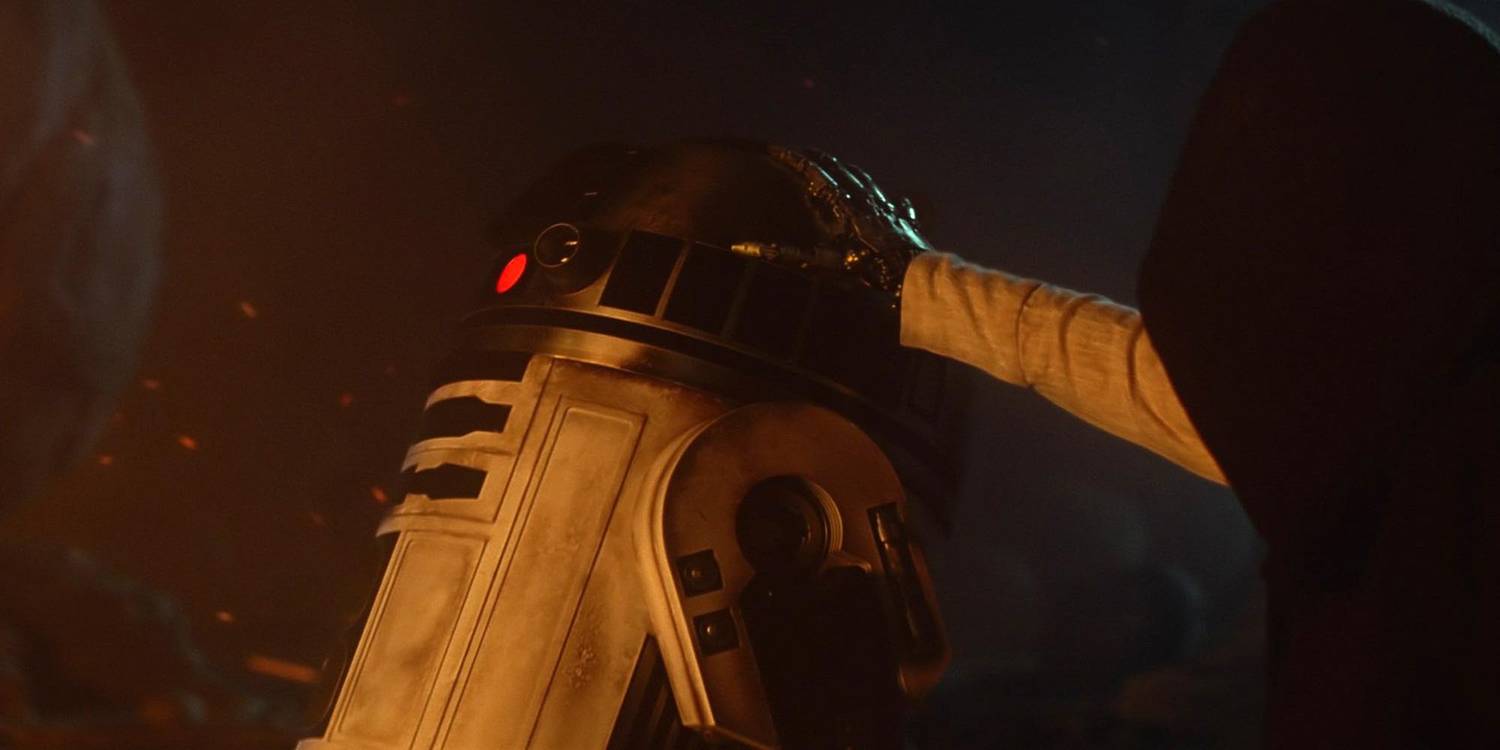The joke is bad and you should feel bad
This piece, originally published on TIFF’s The Review on May 4 2017, remains relevant every year.
Star Wars is meant to be seen on a big screen. It is meant to be seen with its original, non-digital effects intact. And its arrival into the world is meant to be celebrated on May 25th, the date of its initial US release, because that is Star Wars’ birthday — not May 4th, as so many have been led to believe by the insufferably omnipresent pun “May the 4th Be With You.”
If you hold the first and second truths above to be self-evident, you must concede the third. The so-called “Star Wars Day” of May 4th is the Star Wars Special Edition of holy Star Wars communion. Like those CGI-enhanced re-releases of the original Star Wars trilogy in 1997, “May the 4th Be With You” is something someone thought up years after the fact, which probably seemed kind of clever at the time, and which has spent all the time since repeatedly demonstrating how not clever it was in the first place.
In just a few weeks’ time, on the 25th of May, Star Wars will turn 40. The Star Wars we will celebrate on that day is the one where Han shot first. It is the one that is not called Star Wars Episode IV: A New Hope. It is the one where Luke and Leia kind of love each other, in a not-brother-sister way. It is the one with a Wolf Man in the corner of the bar. It is the one where a team of weirdos in Van Nuys, California, basically rewrote the book on how visual effects are conceived and created for motion-picture entertainment — and, as a result, helped permanently change motion-picture entertainment itself.
It’s been four decades since that time, and a lot of things have changed about what Star Wars is and what it means. Like all religious texts, Star Wars exists within a self-made crisis of orthodoxy, full of schisms, heretics, and apocrypha. Three generations of fans have inherited this saga as their birthright, and each believes slightly different things about its core text. George Lucas, the loved and hated father of the faith, has both publicly and privately rewritten the onscreen and behind-the-scenes mythology of Star Wars many times over.
(Anyone who still believes Lucas had the entire nine-film story mapped out in 1974 is invited to read J.W. Rinzler’s incredibly off-putting comic-book adaptation of Lucas’ original screenplay, The Star Wars, published by Dark Horse comics.)
And now that the series’ new adoptive corporate parent Disney is mass-producing spin-offs and “stand-alones” that amount to little more than $200 million feature-length fan fictions, one wonders what “canon” even means for this galactic church anymore.
This year of all years, then — with Star Wars chasing me into our mutual 40s, and, like me, well on its way to a mid-life crisis — it’s time to return to first principles. Here and now, I am calling for an official end to “May the 4th Be With You.”
“May the 4th Be With You” is not Star Wars; “May the 4th Be With You” is meme culture run amok. “May the 4th Be With You” is “I Can Has Cheezburger.” “May the 4th Be With You” is Harambe or Sad Keanu. “May the 4th Be With You” is Fake News: a quick straw poll around the TIFF office showed that more of my co-workers than not now believe that Star Wars was released on May 4th, rather than the 25th.
This, simply put, is sacrilege. This is how perfectly innocent, albeit misguided, people get led down a garden path of believing whatever sounds good at the time. This — not fear, anger, or hate — is the path to the Dark Side.
